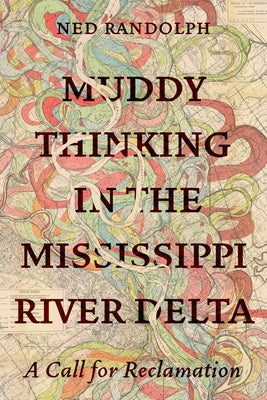Challenging Modernity
$32.00
Digital Liberty
$34.99
AI for Peace
$29.99
The Case for Open Borders
$45.00
Orania: Building a Nation
$27.90
Not Forgotten
$18.99
The Red Sect
$16.00
The Red Ruby Constitution
$12.99
The Politics of Pleasure
$19.95
Corners
$17.95
Uncommon Sense
$110.00
Lucifer's Children
$25.99
Intersectional Advocacy
$29.99




















































